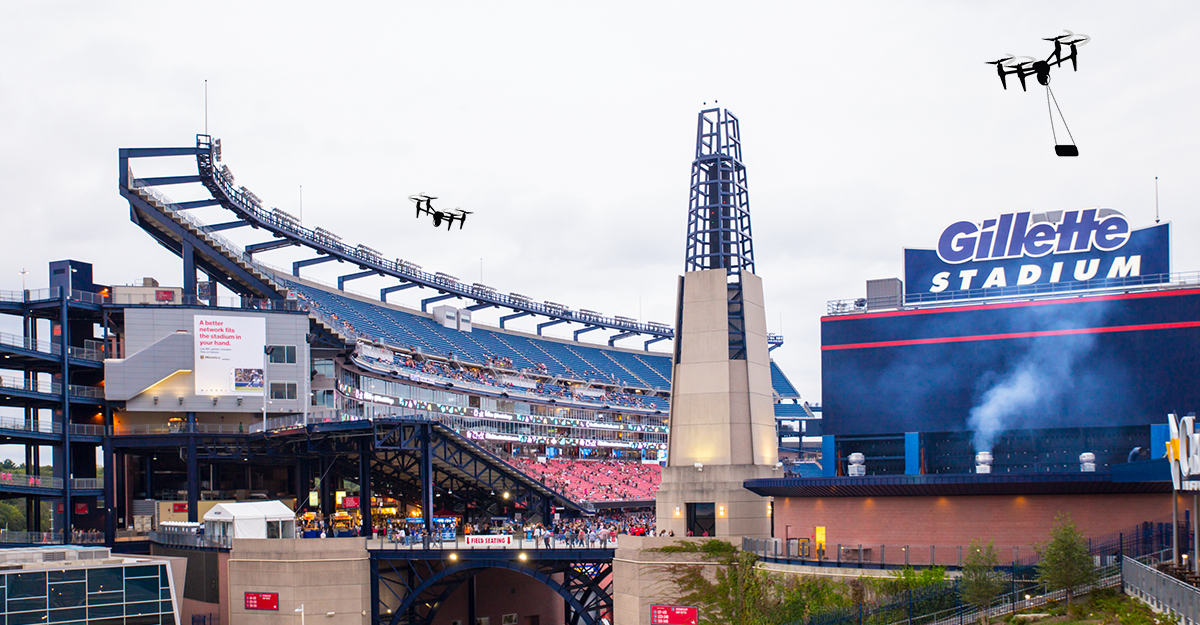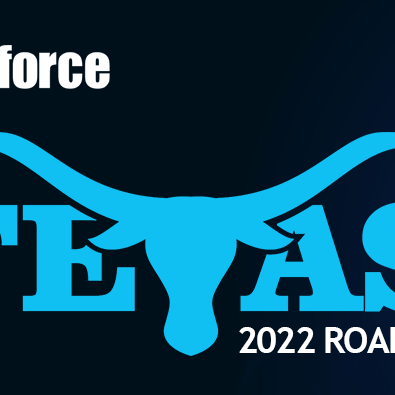
Drone Detection and Mitigation: Powered by Thunderbolt and Blueforce
Drone incursions on stadiums, events, and even private property present a range of security issues, primarily due to their potential for unauthorized surveillance, disruption, and even use as an inexpensive means to launch an offensive attack. One significant concern is the risk of drones being used for reconnaissance purposes, allowing individuals with malicious intent to gather intelligence on security vulnerabilities, crowd movements, signal intelligence, and even threats to VIP areas within a stadium or other soft target.
More worrisome, as evidenced by the conflict in Ukraine, drones can carry payloads such as explosives, weapons, or illicit substances like fentanyl, posing a direct threat to public safety if deployed maliciously as a weapon of mass destruction. Furthermore, the ability of drones to fly over restricted airspace within stadium perimeters challenges traditional security measures, making it difficult for authorities to monitor and control potential threats effectively.
To address these security issues, stadiums and other soft targets must invest in comprehensive drone detection and mitigation technologies, establish clear airspace regulations, implement stringent security protocols, and enhance staff training to respond swiftly to drone-related incidents.
Blueforce has partnered with Thunderbolt Solutions to deliver CASPR™, which provides a fully capable drone detection and mitigation system with a focus on locating the drone operator and autonomously sending security, law enforcement or a friendly drone to the operator’s location to collect evidence or stop the operator in his tracks. It also provides the drone’s location to support airspace deconfliction with manned aircraft and helicopters or other drones.
Most interesting is the use of multi-sensor fusion and autonomous orchestration for superior detection and response, something one only gets from BlueforceEDGE. To learn more, call us at +1 866-960-204 or send an email to info@blueforcedev.com.


